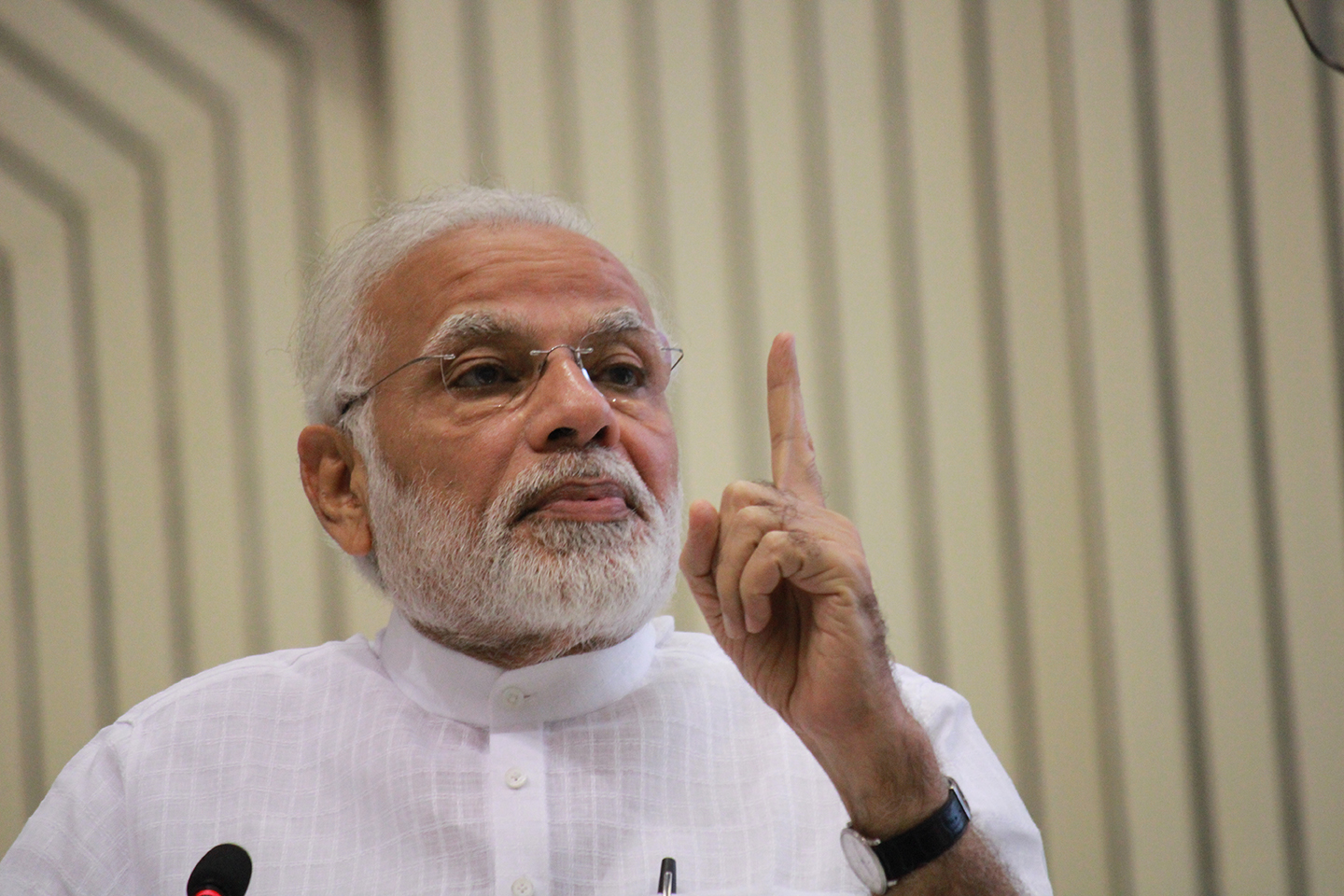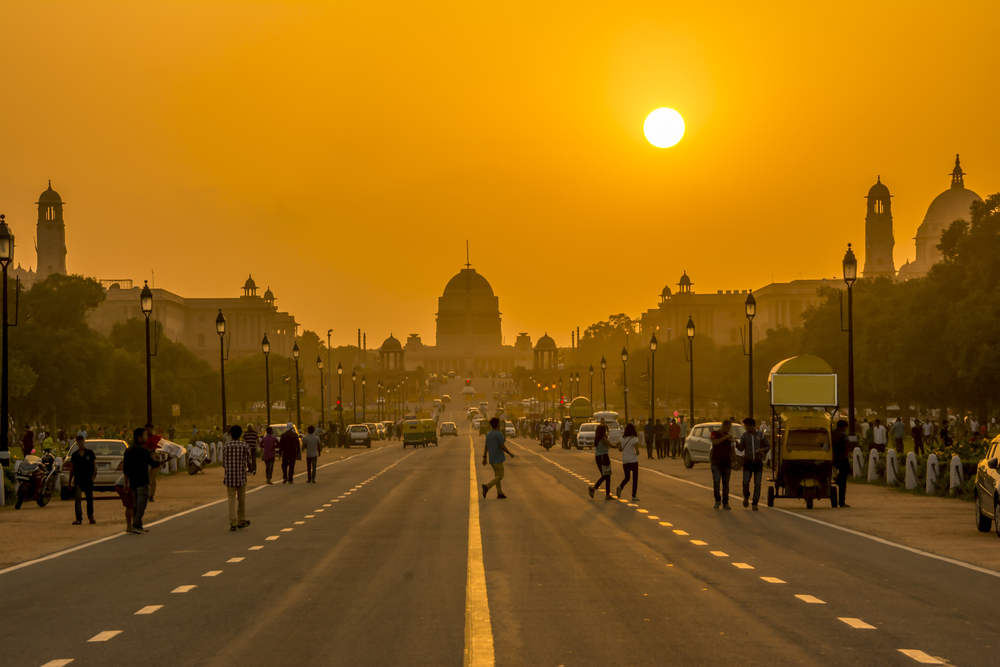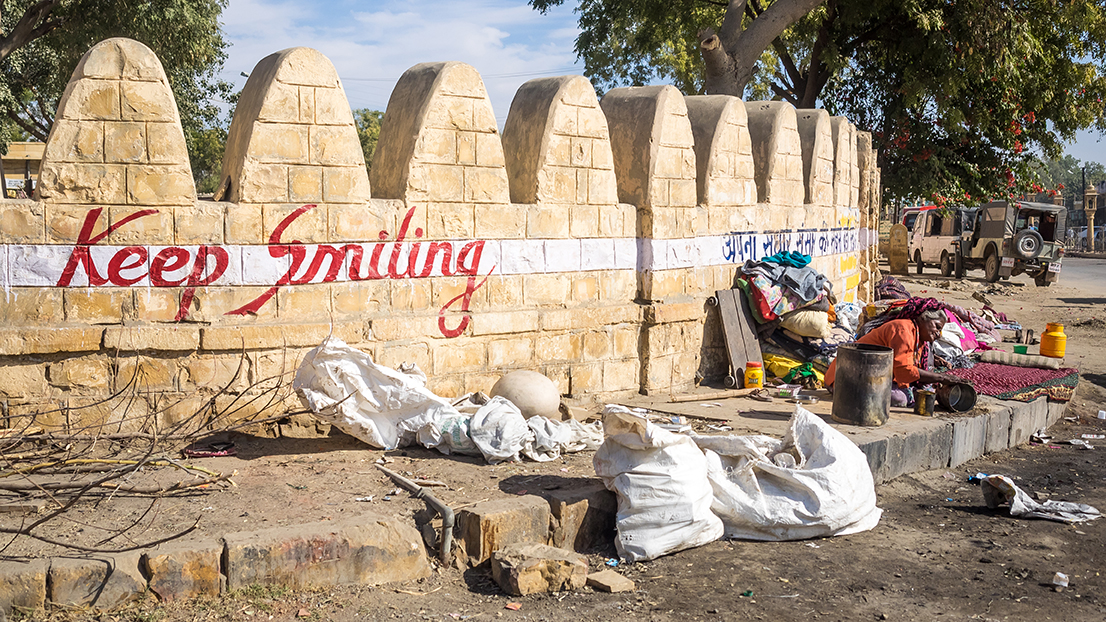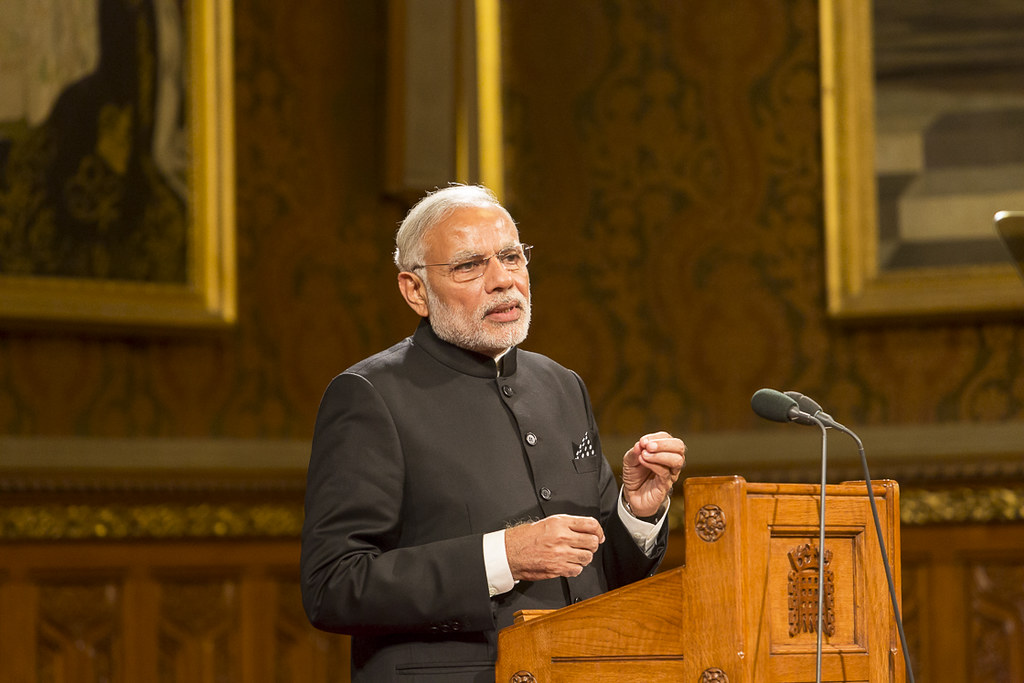
In May 2019, Prime Minister Narendra Modi of the Bharatiya Janata Party (B.J.P) was re-elected as the prime minister of India. His victory was sweeping, and the magnitude of it overwhelming: the B.J.P won over 350 seats in the 545-seat lower house of Parliament, and it won in parts of the country where it had historically been weak. Modi, in effect, now has five more years in power and far less opposition. But the BJP's rise has also given rise to a new precedent: a polarizing Hindu nationalism driven by Modi's increasing focus on India's Hindu identity. Those excluded from this idea of India have become increasingly vulnerable. In the past five years, under Modi, mobs of right-wing Hindu cow vigilantes have murdered over 46 Muslims suspected of mistreating cows, which are sacred in Hinduism. Journalists critical of the government have come under increasing attack from violent Hindu extremists, including, most prominently, the murder of Gauri Lankesh, a journalist and editor who was shot dead in front of her home in Bangalore two years ago.
This project focuses on the wide-ranging voices of dissent in Modi's India – the people and places that are working to defend the image of a pluralistic and tolerant India against the swelling tide of Hindu nationalism. From a small but intrepid magazine, Caravan, based in New Delhi, to deeply-rooted Hindu families from India's spiritual center of Varanasi, to an education minister using ancient Ayurvedic techniques to teach wellness and tolerance in public schools, Crowell traveled through India during the election season to examine the resistance behind the BJP's attempt to reshape, if not reclaim, India's narrative.






